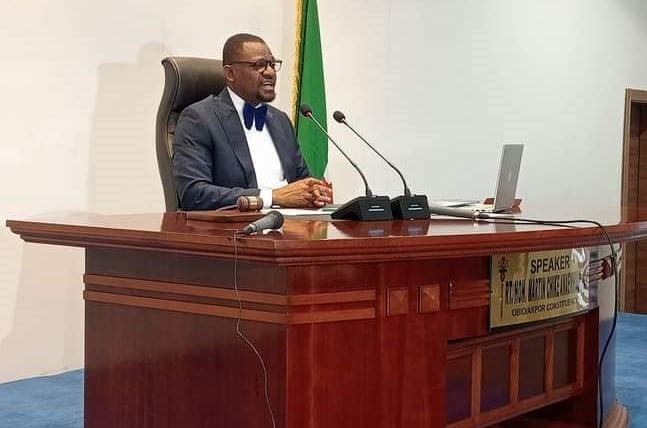In a city where the majority live below the poverty line, the dream of secure and affordable housing is slipping further out of reach. A new report, “State of Lagos Housing Market, Volume 3,” paints a grim picture: stagnant wages, speculative land pricing, and the absence of affordable housing policy have created a full-blown housing crisis in Nigeria’s commercial capital.
According to the report, published by the Roland Igbinoba Real Foundation for Housing and Urban Development, Lagos residents are now spending between 50 to 70 percent of their monthly income on rent. This figure far exceeds the global benchmark of 30 percent used to measure housing affordability.
“We’re working just to pay rent,” said Abiodun, a father of four and mechanic in Agege, during interviews conducted by Moji Delano. “After that, there’s barely enough left for school fees or food. My wife and I haven’t bought new clothes in two years. We survive, but only just.”
The housing burden, the report explains, is not only squeezing household incomes but is also exacerbating urban poverty, fuelling informal settlements, and worsening quality of life. With home ownership out of reach and rents rising without regulation, many Lagosians find themselves locked into a cycle of economic fragility.
“Even houses in Ikorodu or Badagry now ask for rent like they are on the Island,” lamented Chiamaka, a teacher living in Alagbado. “I earn ₦70,000. My rent is ₦35,000 monthly. Add transport, food, and light bills, and you’ll understand why people are giving up.”
The report notes that rampant speculation in the land market, where investors purchase plots not for personal use but to resell at inflated prices, has further driven housing costs beyond the reach of average Nigerians. The effects are seen even in remote, undeveloped areas, where land is no longer affordable due to projected infrastructural expansion.
The situation is further compounded by a sluggish and elite-focused construction sector. Developers, the report states, are increasingly drawn to building high-end apartments that guarantee better returns, while affordable housing projects are abandoned due to lack of incentives and unsustainable financing.
Mortgages remain inaccessible to the majority. With complex land legalisation processes and high down payment thresholds, only a tiny fraction of Nigerians can access formal credit to buy homes. Informal builders, once the backbone of middle- and low-income housing, are crippled by soaring inflation and construction material costs.
“I used to save towards owning a small bungalow,” said Bashiru, a retired civil servant in Shomolu, in another interview. “Now, even cement is luxury. They say Nigeria is developing, but for who? Not for us. We are being priced out of existence.”
According to the study, a rising number of Lagosians are being pushed into informal settlements and slums, where housing lacks basic infrastructure, clean water, sanitation, reliable power, and access to jobs. The report warns that without urgent intervention, this housing crisis could trigger deeper urban inequality and social instability.
The document concludes that the current crisis is a result of intersecting failures: economic stagnation, structural market distortions, weak regulation, and a disconnect between urban planning and real-world needs.
Among the recommendations made are:
- Rent control policies to prevent arbitrary hikes;
- Tax incentives and subsidies for developers building low- to middle-income housing;
- Simplification of land titling and ownership processes;
- Expansion of micro-mortgage schemes for low-income earners;
- Better integration of housing development with transport and employment infrastructure.
The State of Lagos Housing Market, Volume 3 is the latest in a series that began in 2009 and 2016, offering a longitudinal lens into Lagos’s evolving urban housing landscape. If the 2024 edition proves anything, it is that without immediate and sustained reform, housing in Lagos may soon become a privilege only the wealthy can afford, pushing millions further into the margins of city life.












